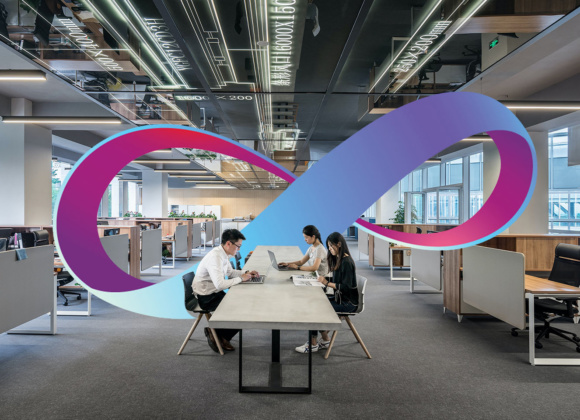Energy Saving Ideas for Businesses
We all have a duty to work towards net zero in the world. Whether you are an individual, small business, large multi-national company, or country’s government, looking after the planet has never been so important. There are many ways that businesses can help to work towards net zero and lower their carbon footprints.
Improving your business’s energy efficiency is an important factor in lessening your impact on the environment and can also save your business money (especially as fuel bills continue to rise drastically) and help to boost your reputation as a business.
A great place to start, when it comes to saving energy is to have a commercial EPC assessment carried out on your business. An Energy Performance Certificate assessment is carried out by a professional assessor who looks at the energy-saving measures that you have in place on your commercial property. They will give you an energy efficiency rating as well as a set of recommendations about how you can improve it.
Along with this, there are many other things that you can do as a business to save energy and become more efficient. Here are a few of them:
Get a Smart Meter
Getting a smart meter is not going to save you energy on its own. But what it does do is give you a greater understanding of your energy use. It will tell you how much energy you are using at any time, and how much that will cost you, giving you the knowledge that you need to make decisions about what is best for your business’s energy efficiency.
Turn Off Appliances and Devices
Ensuring that your appliances and devices are fully turned off at the wall is an important way to make your business more energy efficient. Leaving computers and other machinery on overnight can be a massive unnecessary drain on energy (and money) so try to get your employees into the habit of turning everything off (including lights) when they leave at the end of the day.
Natural Light
Try to make the most of any natural light that you have coming into your building. Flooding the space with natural light will not only save you money on lighting, but it is also better for employees’ health, productivity, and motivation. Make sure that you keep blinds open and try to avoid putting big pieces of furniture in front of windows.
In addition to this, make sure that you have blinds that you can use to block out direct sunlight if the room is going to get too hot, and to reduce the need for air conditioning.
Lighting
Despite what we said above, there will be times when you need lighting – perhaps during the depths of the dingy winter, or maybe if you have rooms with insufficient natural light. You should make sure that you use LED or low-energy lightbulbs and ensure that employees turn the light off when they leave a room. You could consider motion-sensor lights to make sure that they are only on when they are needed.
Update Technology
Old technology and heating systems can be very energy inefficient. Although it might seem to be a big outlay, ensuring that you have modern, energy-efficient systems, appliances, refrigerators, etc. can make a huge difference over a longer time.
Go Paperless
Using paper in the office might seem like a better way to save energy than doing everything via computer. However, this is not the case. Using paper is actually a very inefficient use of energy. It involves the creation of a lot of waste and uses a lot of energy through the use of fax machines, printers, and shredders.
The more you can go paperless in an office, the more energy-efficient you can become.
Tea and Coffee Rota
The boiling of a kettle is one of the biggest wastes of energy in a work environment, especially if everyone is making their own drinks all day. Try to introduce a tea and coffee rota so that the kettle is only boiled once in a while, making tea for everyone at the same time, and helping you reduce the number of times that the kettle is used throughout the day.
Get Insulated
Insulation in the roof and walls of your workplace is a great way to stop the heat from escaping during the winter months and keep the building cool during the summer months with a reduced need for heating or air conditioning. There might be grants that can help you to pay for this, so why not get an energy assessment carried out to see if insulation could be an option for you?



